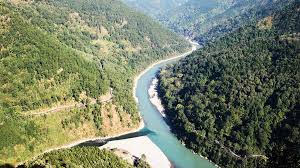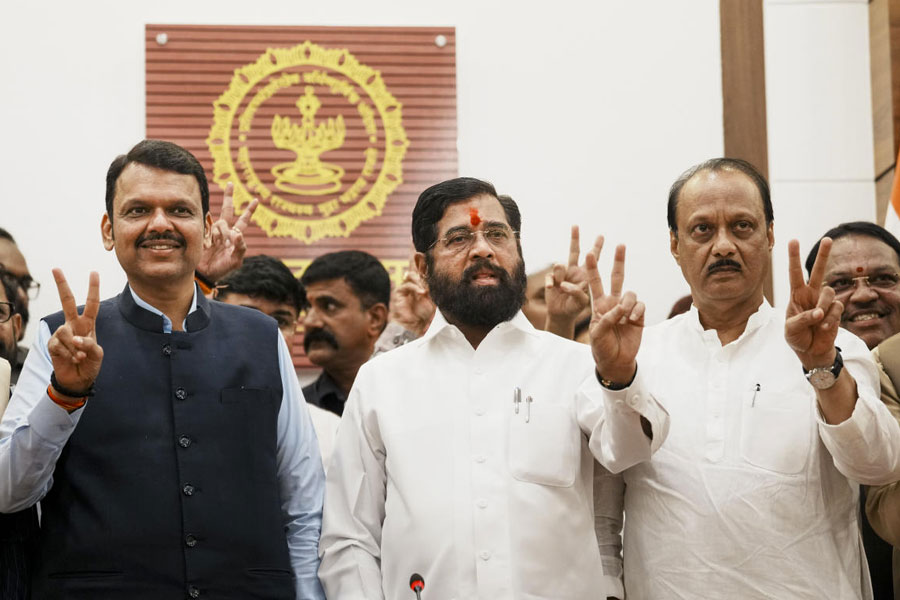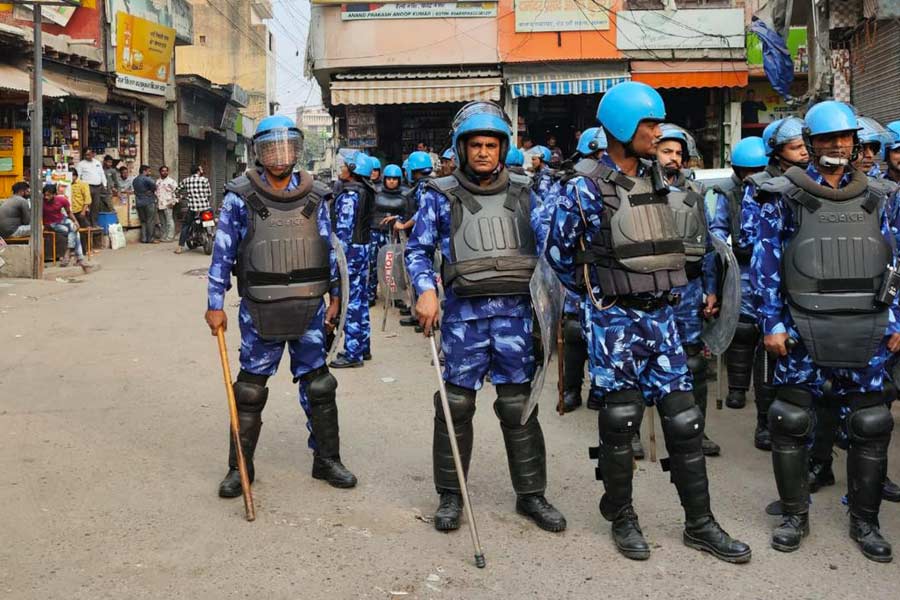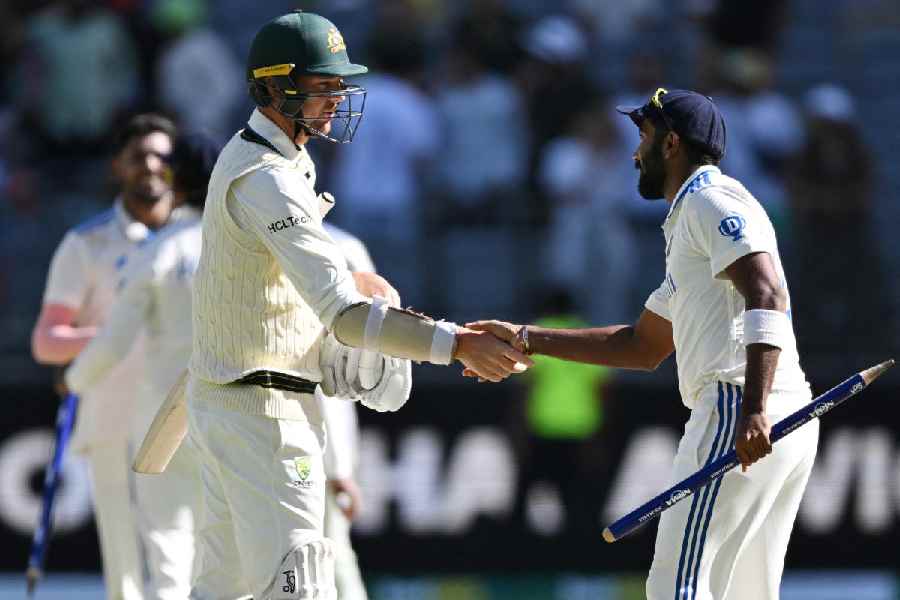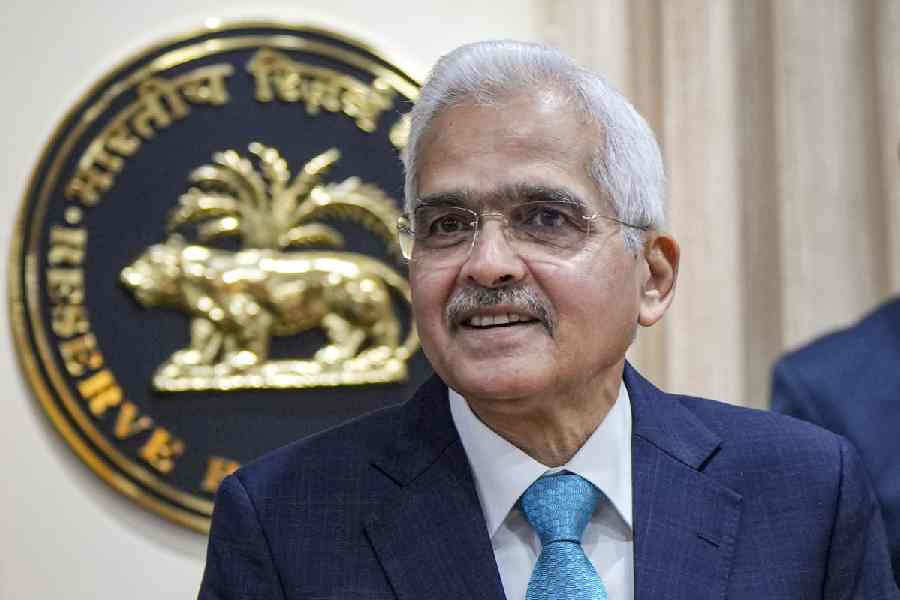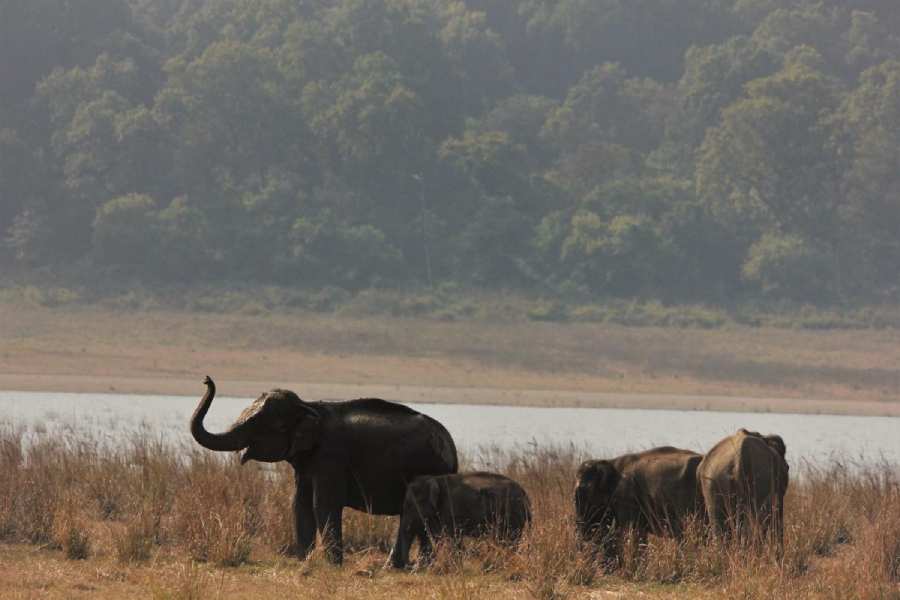Hasan Mahmud, a senior minister in the Sheikh Hasina cabinet in Bangladesh, has observed that there should be a regional river management policy involving countries in South Asia.
Asked about the longstanding Teesta water dispute, Mahmud shifted the onus of “answering” onto the Indian government.
Mahmud, the information minister who had earlier held the environment portfolio, told The Telegraph during his recent Calcutta visit that unlike the Mekong River Commission in South East Asia, “unfortunately there is no joint river management system in our region although all major rivers have originated in the Himalayas”.
“If there is a regional river management system, it will benefit all countries in the region,” Mahmud said.
The Mekong River Commission works directly with the governments of Cambodia, Laos, Thailand and Vietnam to jointly manage the water resources of the river.
The West Bengal Pollution Control board chairman lauded the suggestion. “This is a welcome suggestion as neither river nor air has any political boundary,” Kalyan Rudra, also a river expert, said.
Nilanjan Ghosh, regional director of the think tank Observer Research Foundation, also welcomed Mahmud’s suggestion but felt that such an arrangement would be difficult to implement considering that India and China, the major water stakeholders in the region, were not signatories to the UN Commission on Non-Navigational Water Uses, 1997.
“Moreover, India always has dealt bilaterally on water issues,” Ghosh said.
Responding to a question on the latest status of the longstanding bilateral issue of Teesta water sharing between India and Bangladesh, Mahmud said: “Definitely we want the Teesta issue to be resolved but it is the right question for the Indian government to answer.”
“I have neither seen the report on the Teesta by the Bengal government, nor am I a water expert, but feel that as neighbours we should share the river water,” the Bangladesh minister said when this newspaper pointed out that an internal report of the Bengal government had pointed to scarcity of water in the Teesta while explaining why water sharing was not possible.
According to the report, the river had only 1/16th of the water required by Bengal and Bangladesh during non-monsoon seasons.
On climate change, Mahmud expressed hope that “the larger countries, mostly responsible for climate change, will stand up to their pledges as per the Paris Agreement and there should be more finances for the affected developing countries like Bangladesh”.
While questions have been raised on climate funding in the aftermath of the pandemic, the minister pointed out that Covid should not be seen as a deterrent, reminding that many countries had increased their military expenditure recently.

